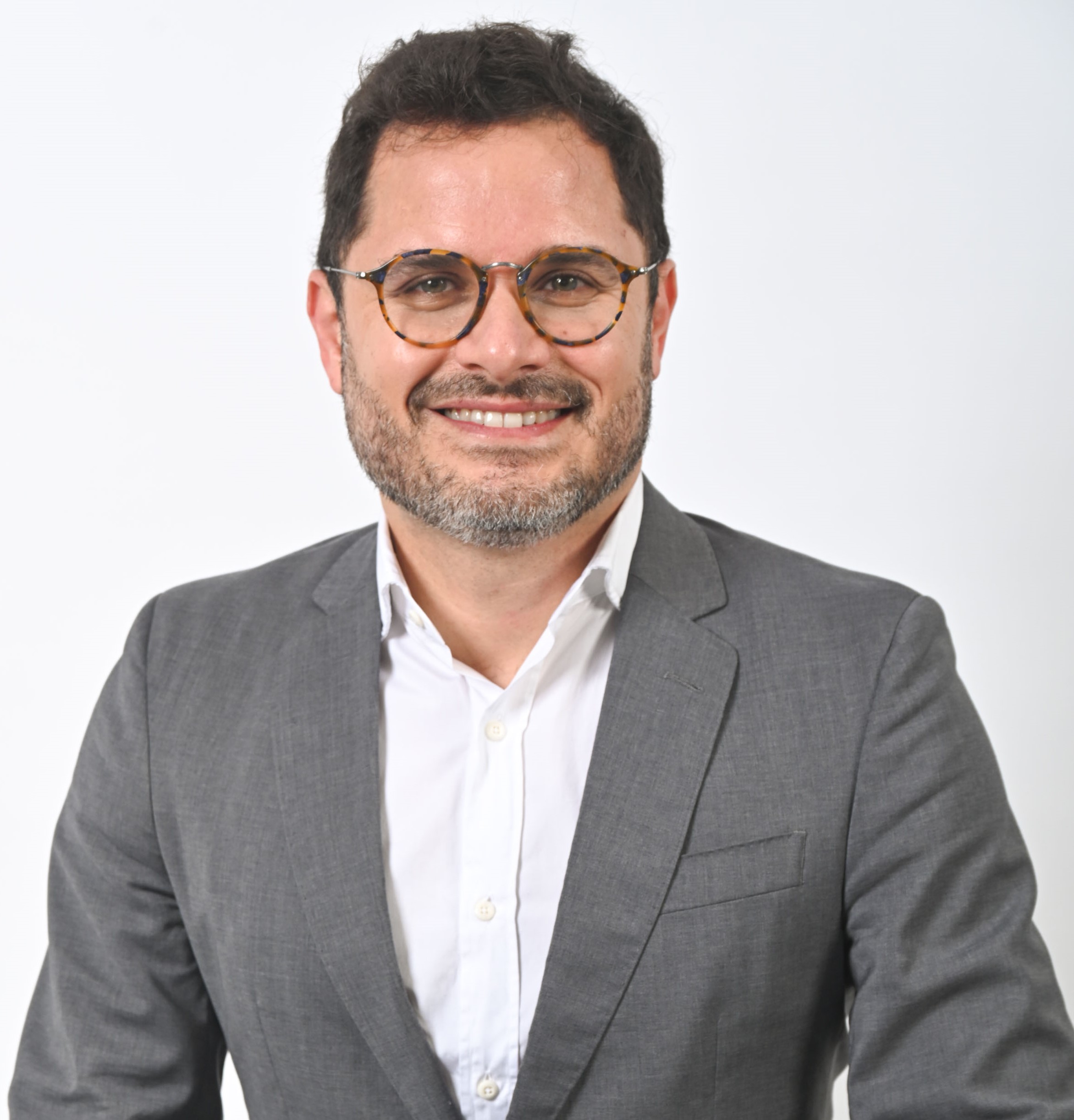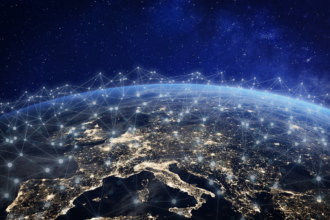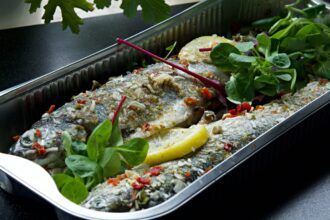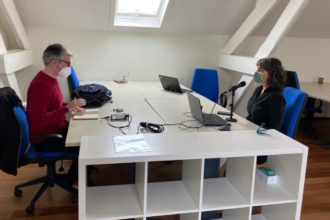Sonae MC: “We act to prevent and reduce impacts on natural ecosystems”
OCEAN CONNECTORS
In an unwavering pursuit of sustainable development, Sonae MC stands out as a key player in the blue bioeconomy landscape. Marlos Silva, leader of the Digital & Innovation department and Director of Research and Development, shares the commitments surrounding the ocean and unveils some of the results achieved with this dedication. As the President of the B2E CoLAB board, Marlos Silva takes center stage in this edition of Ocean Connectors.
What are the main results of Sonae work in the field of the blue bioeconomy?
Our group’s commitment to sustainability focus on accelerate the progress and sustainable performance for the future of the planet and people. When it comes to biodiversity and water we aim at promoting their protection, restoration and regeneration of nature and its ecosystem services, encompassing soils, potable water and oceans; by acting to prevent and reduce the impacts and pressures of our businesses activities throughout the value chain on natural ecosystems, and promoting its conservation and regeneration. Continente is the first Portuguese food retailer to achieve the certifications MSC and ASC, sporting the blue MSC stamp for sustainable fishing and the responsible aquaculture stamp ASC. The MSC and ASC standards assure traceability of the products from sustainable fishing and aquaculture, from the source to the final consumer and our certification includes all 41 Continente stores, 3 logistics platforms and more than 1000 workers trained under the appraisal process. We have MSC and ASC certification in several species/products to reinforce our commitment with ocean sustainability respecting the population of the species, the marine ecosystem and recognize our suppliers that follow sustainable marine resources management practices.
A project in the field of the blue bioeconomy in which you have participated and of which you are proud.
Valormar, which we have proudly led in scientific partnership with CIIMAR and co-developed innovative technological solutions to enhance the valorization and efficient use of marine resources through the integration of value chains, in a logic of circular economy, articulating: aquaculture, food industry, biomedicine, pharmaceuticals and cosmetics. The project was largely recognized as a success case in cooperation, valorization and innovation within the blue bioeconomy and delivered new sea products, technologies and processes for the industry and the market; besides a platform concept for integration of the fish value chain, new technologies and processes for aquaculture and new Marine Biorefineries concepts.
A project or idea that you would like to implement in the blue bioeconomy?
I would say 2: the effective digital integration of the sea food value chain, namely for better management in terms of quality and sustainability, as well to inform and educate consumers for more sustainable behaviours; and the massive inclusion of algae (produced sustainably) in human feeding, extracting the value for a health and sustainable nutrition but also as an alternative for less sustainable sources of nutrients.
How do you imagine the blue bioeconomy in 30 years’ time?
I advocate for a symbiotic relationship with our oceans for food, transport and leisure activities, among others and that’s how I would like to imagine it in 30 years. In the other hand at many levels, today that future doesn’t look so bright but the importance of the marine ecosystems and the effects of the damage we are causing to it will both force us to change our behaviour towards that kind of relationship with the oceans and the blue bioeconomy.
How important is the work carried out by B2E CoLAB?
There is still so much to learn and do in the blue bioeconomy and B2E CoLAB activities – arising from the joint effort of relevant scientific and business entities – are crucial to effectively develop the living marine resources, marine biotechnology and sustainable aquaculture sectors by facilitating technology transfer from science to business, delivering sustainability and ocean literacy within the society, ultimately promoting collaborative innovation.





